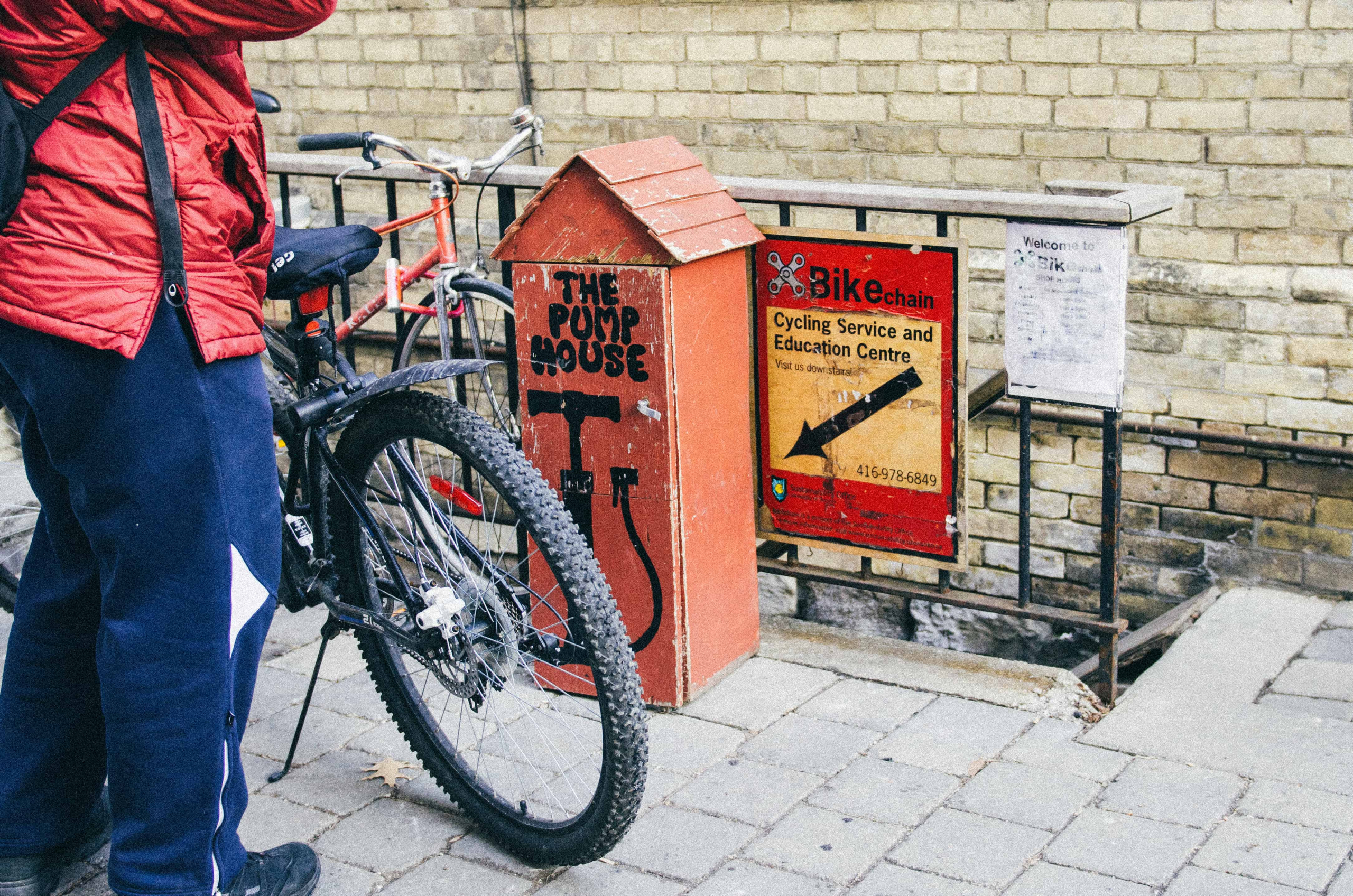I am writing this in response to David Gelles’ recent article “Bikechain blues,” and to raise awareness of the advantages and disadvantages of this student-run organization service. There is no doubt that the size of U of T’s campus means that the many opportunities and services it has to offer often go unnoticed — even though we, as students, may be paying for them in our fees. This means we ought to explore what we are investing our money in and what on-campus facilities are available to us.
Bikechain is not only a bike-repair workshop but rather a bike-hub located in the basement of 33 St. George St., providing education and information about the mechanics of your bike and necessary repairs and rentals. Gelles’ description of Bikechain as a completely ‘free’ service is where I disagree with his article. According to Bikechain’s website information, they are partially funded by student levies, ranging between 25 and 50 cents per semester. As a full-time undergraduate student, I feel cynical about being uninformed as to where, specifically, my compulsory fees are being used. This makes it even harder to investigate whether these student-based notions and initiatives have a motive which I would like to support based on my personal beliefs and thinking. In this case, Bikechain is a useful resource available to U of T students, but not everyone can or would want to make use of this facility. Even though it may aim to assist bike-riders to travel long distances with heavy backpacks to reach classes on time, it is of no use to those who choose to walk or drive, those who don’t know how to bike, those who can’t bike due to physical limitations, or those who commute by TTC.
As a counter-argument to this argument, the students’ unions would doubtless reply that it is their responsibility, as a student-run body, to fund a variety of diverse campus clubs and facilities in order to provide recreational and extra-curricular options to improve the student population’s experience and choices through lower costs and subsidies. The UTSU is currently preparing to hold a referendum to increase the Bikechain levy, asking its members whether they consent to a proposed increase of 25 cents. The question is, could a decision by a few voters during the UTSU elections next week eventually force others to contribute equally for additional funding to expand Bikechain’s services, even though they may not be in favour of it due to the reasons outlined above?
Still, bicycles on campus are treated as a lower form of transportation, while pedestrian and vehicular modes are given higher priority. The idea that ‘what starts here, changes the world’ should mean that the voices of bicyclists are heard and their requests for better infrastructure change the world around them. Currently, bicycling is an underfunded and poorly-integrated form of transportation at U of T due to a lack of sufficient designated safe bike lanes and much smaller percentage of bike transit trips than other schools of similar or smaller size and climatic conditions. The improvement of bicycle infrastructure in conjunction with encouragement of more services like Bikechain would undoubtedly increase campus connectivity, encourage physical activity, reduce pollution, lower automobile parking demand, and enhance the quality of university life for students, faculty members, and visitors.
Maryam Mughal is a fourth-year student studying kinesiology.


